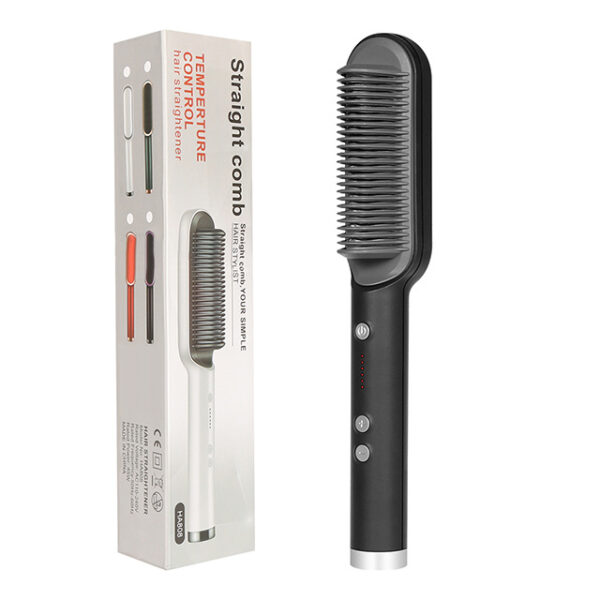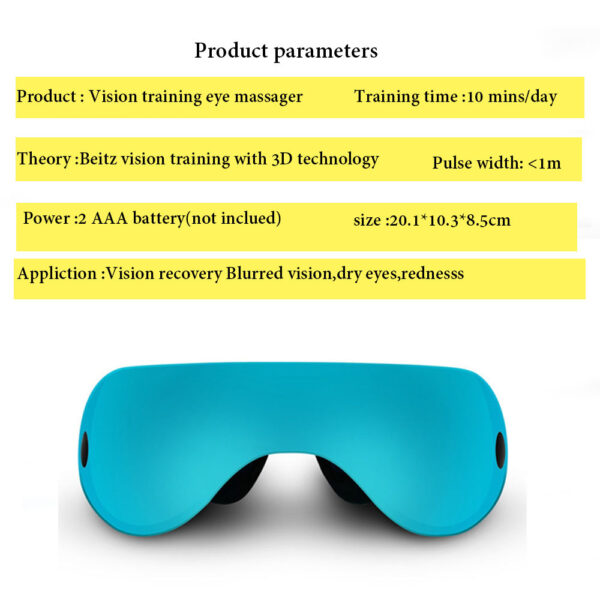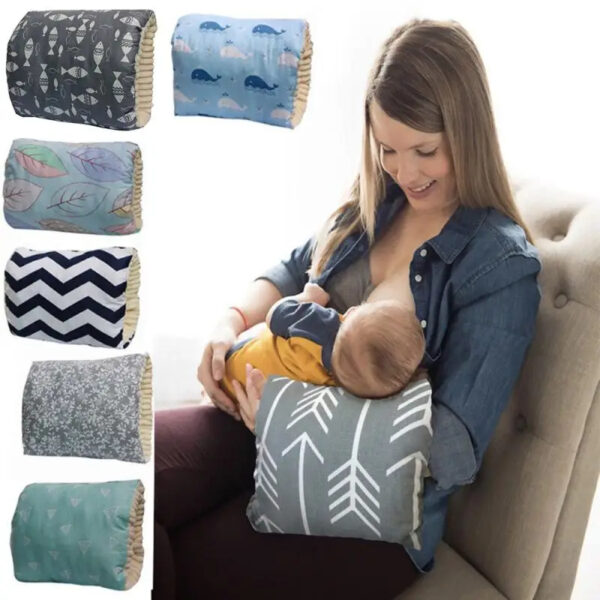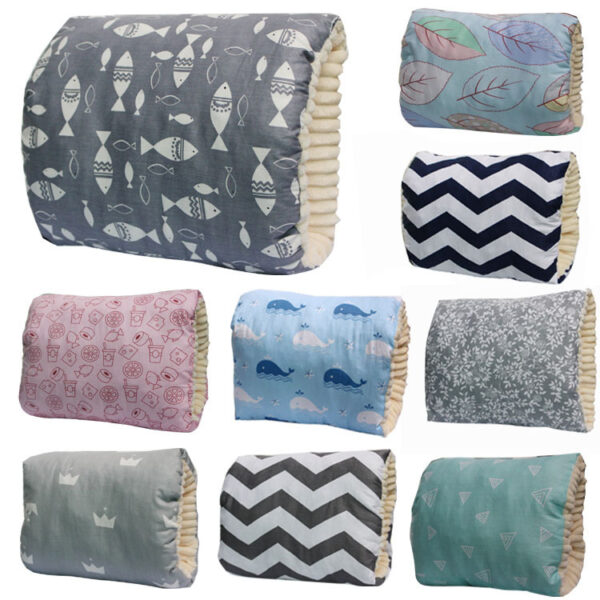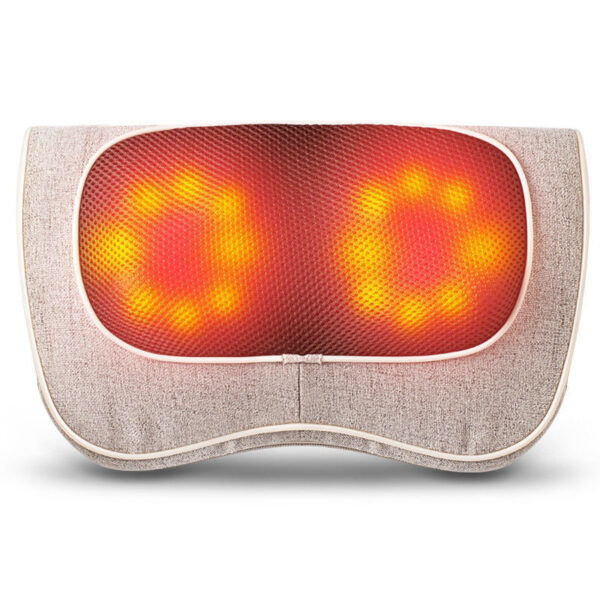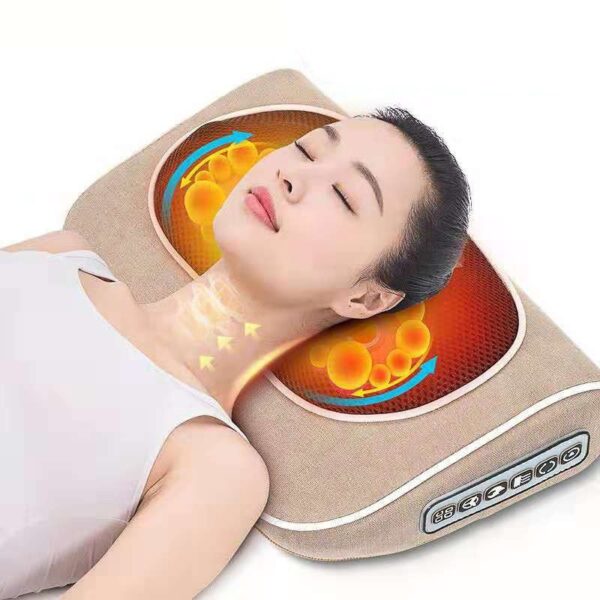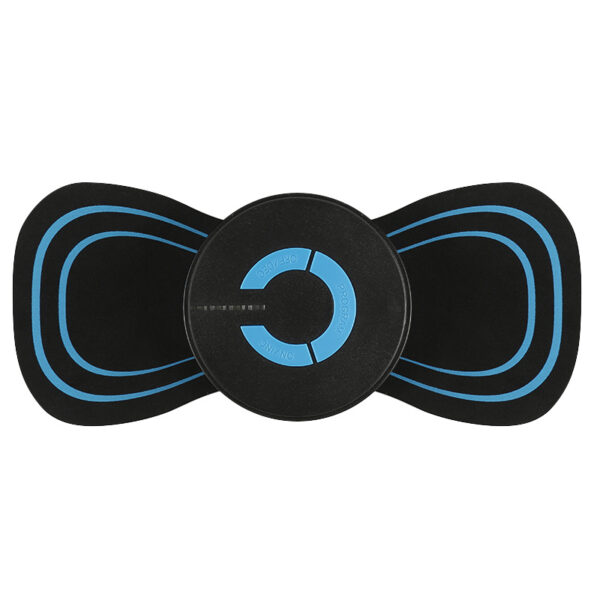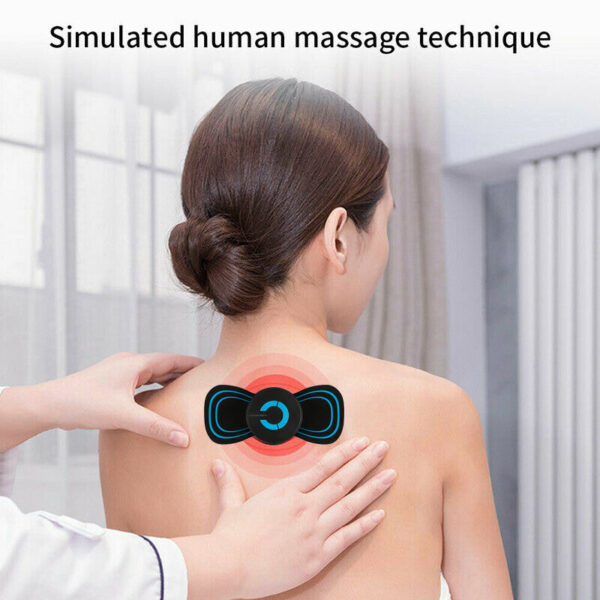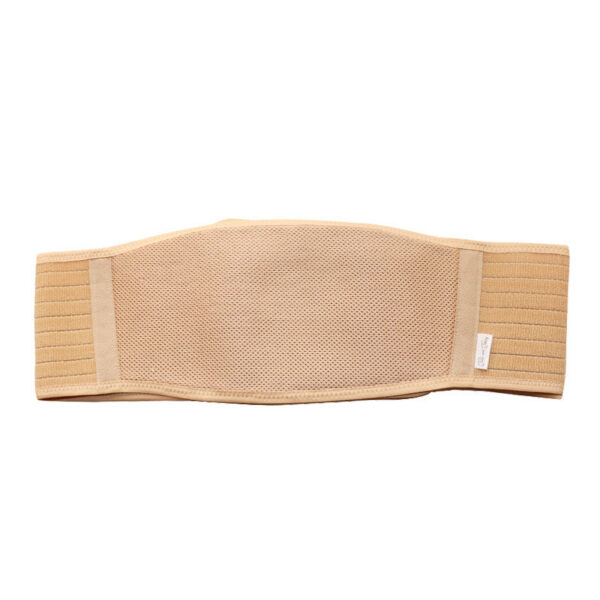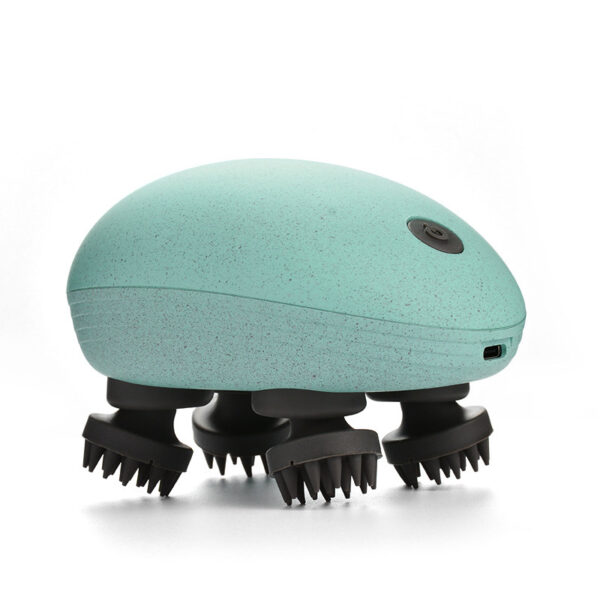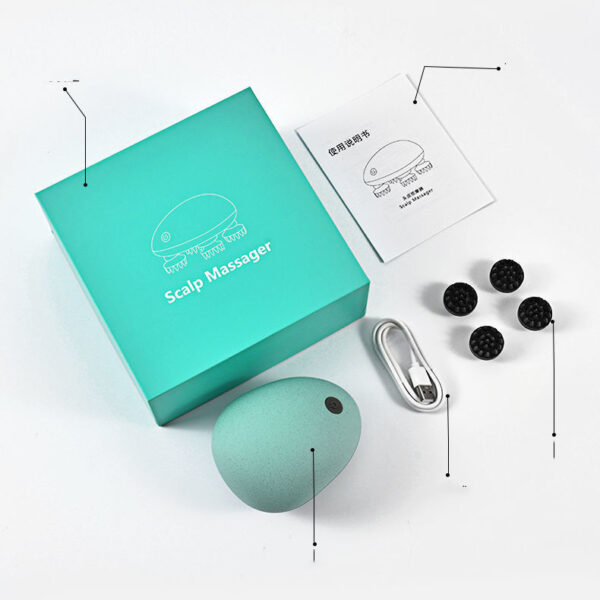Personal care encompasses a wide range of essential services aimed at supporting individuals with their daily personal living tasks and private hygiene. It plays a crucial role in assisting individuals who may have difficulty performing these activities independently. According to the information provided, personal care for elders involves not only support and supervision for daily living tasks but also assistance with private hygiene, toileting, dressing, and maintaining personal appearance.
Personal care services are designed to cater to various needs, including bathing & showering, oral hygiene, applying makeup, foot care (especially important for diabetics), toileting and continence management, moving positions in bed to prevent pressure injuries, and managing stomas or catheter bags. These services are delivered by fully-trained private carers who offer discreet one-to-one support tailored to the individual’s requirements.
Carers can assist with tasks such as helping with housework, providing mobility assistance, preparing meals and drinks, and assisting with medication management. The goal is to ensure that individuals receive the necessary support while maintaining their independence and quality of life. Personal care plans are customized based on specific needs and routines. Carers work closely with clients to follow their preferred schedules, allowing them to live comfortably in their own homes.
The options for personal care include visiting care or live-in care depending on the level of support required. Visiting care involves scheduled visits during the day or overnight to provide necessary assistance. On the other hand, live-in care offers 24-hour support by having a carer reside in the individual’s home.
Personal care services extend beyond basic activities of daily living (ADLs) to encompass instrumental activities of daily life (IADLs). Examples of personal care services include bathing, toileting, dressing, grooming, meal preparation, medication reminders, and mobility assistance. These services are vital for enabling individuals to maintain their independence and safety at home.
Personal Care Assistants play a significant role in delivering these services. They can be family caregivers (such as sons, daughters, or spouses), private care providers not associated with an agency, or professionals employed by personal care agencies like Family Choice Healthcare. Each category has its pros and cons based on factors like training, licensing, and vetting processes.
Individuals eligible for in-home personal care services typically include the elderly, persons with disabilities, patients recovering from injury or illness, and those with chronic conditions like dementia or Alzheimer’s. Unlike home health care services that are medical in nature and require certification or prescriptions, personal care services focus on non-medical support tailored to individual needs.
Choosing personal home care over assisted living facilities or nursing homes offers several benefits such as the ability to stay at home comfortably while receiving personalized assistance at a lower cost compared to institutionalized settings. Personalized needs can be addressed effectively through individualized care plans that enhance the quality of life for clients by promoting independence and forming close bonds between caregivers and recipients.
In conclusion,
personal care services are essential for supporting individuals with critical day-to-day activities they may struggle to perform independently. By offering personalized assistance tailored to individual needs and preferences,


